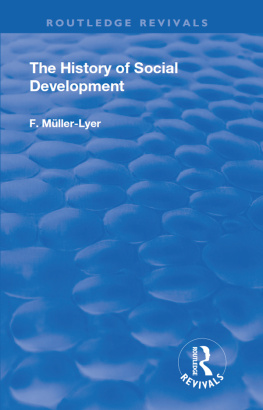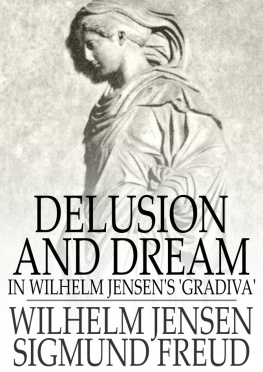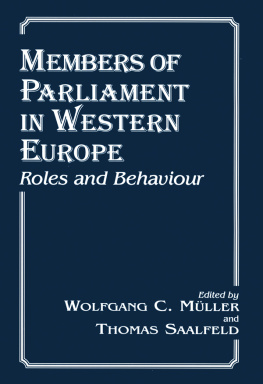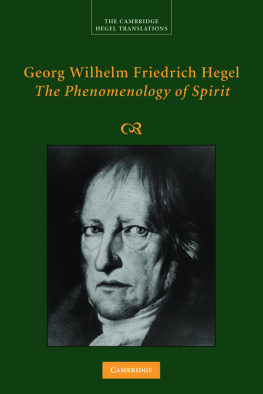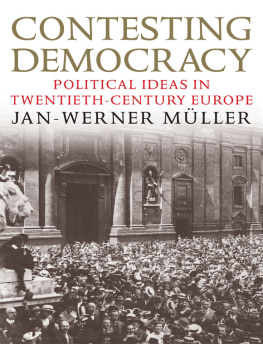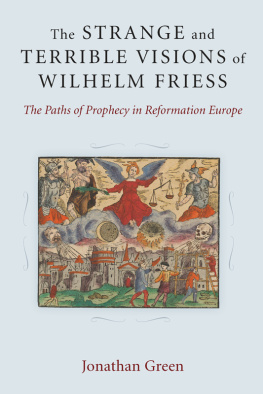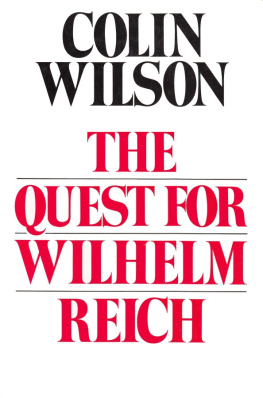GERMANY. AUSTRIA. PRUSSIA.
THE BATTLE OF WATERLOO had been fought. For the second time the Parisians had been compelled to see the victorious allies within their wallsfor the second time peace had been dictated to them; and the man who had filled two decades with his military genius and his ambition, who, not content with the splendid crown of France, had stretched forth his insatiable hands after a continental empire, now lay condemned to powerlessness, on the rock of St. Helena. But at the very time when, to the relief of the Bourbons, the light of the great Corsicans life went out upon that world-renowned island, in both the Old World and the New, popular outbreaks against the restored princes and their medieval governments flamed up like a monstrous funeral pyre, a clear sign, had one been needed, that the day of freedom had not broken with Napoleons fall; that in his fall one insolent giant had but been replaced by a swarm of swaggering pygmies. Europe was indeed in need of peace after the enormous strain and excitement of so many years of war; but the peace with which the returning rulers blessed their people was such as to bring new convulsions on the Weary region. From the mouth of the Tagus to the Neva and the islands of the Grecian Archipelago all was effervescence and fermentation, and hot streams of national exasperation were poured upon those feudal dynasties which had forgotten nothing and learned nothing. Promises on the part of the princes; unrestrained devotion and satisfaction on the part of the people; a call for constitutional freedom; open and secret reaction; revolutions in the south; intervention of the areopagus of princes; abrogation of popular rights: this is in brief the history of the years 1816-1830.
One might have believed that the sovereigns had no less an aim in mind than to give to the world a new Golden Age. For on September 26th, 1815, Alexander, Czar of Russia, Francis, Emperor of Austria, and Frederic William III, King of Prussia, issued a proclamation wherein they announced their firm resolve, from that time forth, to adopt the Christian religion alone as their standard; to rule wholly in accordance with Christian love and peace, as well within their respective states as in their intercourse with foreign governments; to afford one another assistance in all cases, and to regard themselves merely as the plenipotentiaries of Providence appointed to rule three branches of one and the same family. Within the next few years all European sovereigns, with the exception of the King of England, the Pope, and the Sultan, entered this holy alliance. It was essentially the work of Alexander, who was influenced by a certain religious enthusiast, Fran von Krdener. It was during the summer of 1815, in Heilbronn, Heidelberg, and Paris, that she aroused him to the formation of such a league by personal exhortations, naming him, in contrast with the black angel Napoleon, the white angel of peace and the chosen of the Lord.
Alexander, with all his susceptibility to such influences, was unquestionably the most important and influential of the monarchs of that time; but his nature was not of a greatness calculated to carry out successfully and to the advantage of Europe the part which he felt himself called upon to playthe Napoleon of peace. Of a yielding disposition and excitable temperament, he was much inclined toward magnificent creations and political reforms, and readily inflamed with noble ambitions. He was full of general good intentions, but energy and perseverance failed him, formidable hinderancesfrightened him, new persons rendered him untrue to his former resolutions and principles; and hence he easily gave the impression of an untrustworthy man. The brilliant successes of the last years of the war, the idolization he had met with in Paris, London, and Vienna, had changed his former modesty into inordinate self-esteem, and the pleasure with which he received the homage of princes and diplomats displayed a feminine vanity. Napoleon, in comparing the times of Tilsit and Erfurt with later years, found in him a Byzantine Greek, and named him the Talma of the North.
The judgment upon Alexander would have been a more favorable one, if it had not been that in all important questions another name was coupled with histhe name of a man who, more than he, was the true ruler of Europe. That man was Prince Metternich. From October 8th, 1809, until March 13th, 1848, he was minister of foreign affairs in Austria; and after 1821, when he celebrated his Italian triumphs, he also sustained the rank of chancellor. He was frivolous enough to wish, in the midst of entertainments and love affairs, to take into his hands the guidance of Europe. Not content to rule the motley empire of Austria after his very simple system, he wished to make Germany and Italy his prefectures, to treat the upward-striving Prussia as his vassal, and to take the lead everywhere. He knew how to conceal his limited knowledge by great versatility of expression in speech and on paper, to cloak his mean endowments as a statesman by a rigid adhesion to conservative principles. In the thirty-eight years of his ministerial activity he never and nowhere showed leading, creative thought; he worked everywhere merely for the law of inertia, of inactivity, and made himself at last so hated and despised that in 1848 a liberal minister, one of the so-called March ministers, was able to say, with universal assent, I sum up the whole disgrace of the last decades in the name Metternich. Playing before princes the submissive courtier, corrupting diplomats by his fine-gentleman bearing, confounding the ambassadors of the lesser states by condescension and princely splendor, he had exalted himself to a kind of oracle of whose title no one could give a satisfactory account. To carry conservatism to the point of absurdity and barbarous harshness, to forbid to the people all participation in the government, and reduce them to a tax-paying mass, to regard the princes not as the regents, but as the private possessors of their states, and to cause them to govern accordinglythese were the principles on Which turned the whole political wisdom of a man who, as Napoleon said, mistook intrigue for statesmanship.
How convenient for him must have been the phrases of the holy Alliance, speaking to the nations like a second Gospel, proclaiming the infallibility of the princes, those plenipotentiaries of Providence!. In regard to his own people, each sovereign was henceforth to wear in political matters the same halo as the Pope in matters spiritual, which, however, did not prevent the English diplomats from perpetrating their insular witticisms on the triune monster of the Eastern powers.
In his disinclination to allow his enjoyable life to be disturbed by political innovations, Metternich was in complete accord with his master, the good Emperor Francis. The latter enjoyed great popularity in Austria, and especially in Vienna. He passed there for a good-natured, benevolent monarch, who readily gave audience to each of his subjects, and entered into the details of their wishes; and he was master of the Austrian dialect in its broadest form. It was quite a different story when he saw his carefully hedged state threatened with innovations. New ideas are being promulgated of which I cannot and will not approve. Abide by the old; for they are good, and our fathers have prospered under themwhy should not we? I do not need savants, but brave citizens. It is your duty to educate the young to become such. He who serves me must learn what I command; he who cannot, or who comes to me with new ideas, can go, or I will dismiss him. With this address to the professors of the Laibach Lyceum, he openly announced himself an absolute governor whose nod was law. He was, furthermore, so impressed with the idea of unlimited authority that he accorded to no one a lasting influence, and least of all to those who had the best right to it. Distrustful of himself, he was more so of othersof each superior, powerful personagea thing which the most deserving of his generals, Schwarzenberg and Radetzky, and the most distinguished of his brothers, the Grand-dukes Charles and John, were compelled to learn by bitter experience. Even the clergy did not attain under him the position of an independent power; they were the assistants of the Imperial power, but not its rivals. Metternich was able to retain his post for so long a time by the fact that, owing to the very formation of his mind, he did not interfere in the emperors favorite department, latter had no inclination but for the minutiae, the details of government; while the former showed a dislike for details, and did not busy himself with the actual administration.



